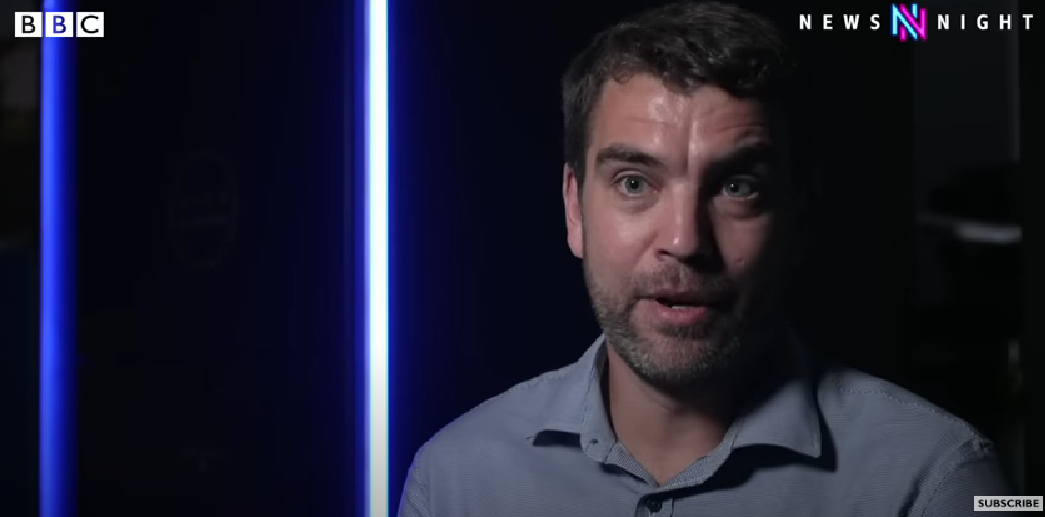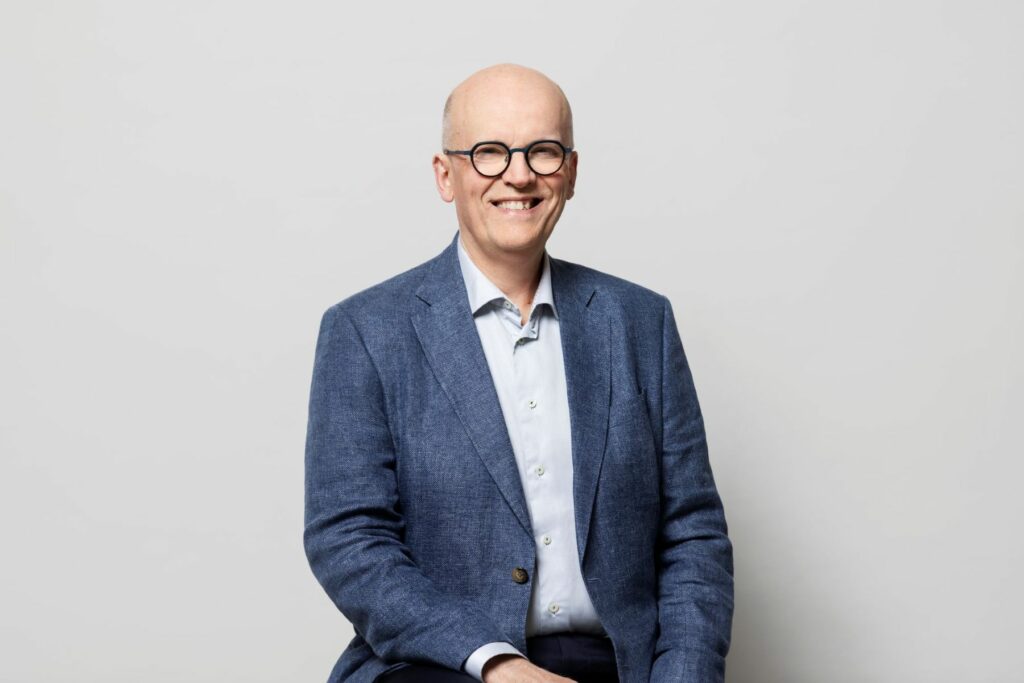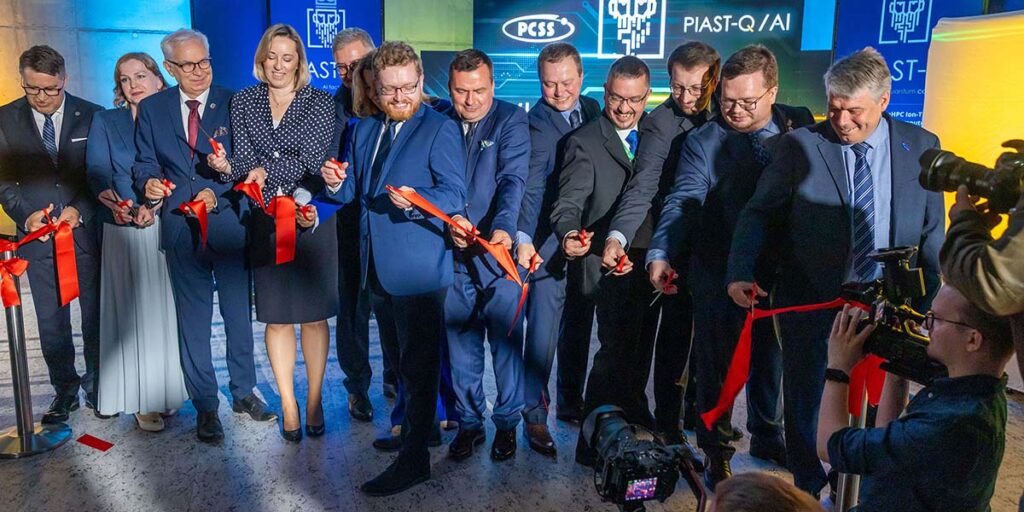As part of its ten-year plan to invest in quantum technology this past March, the UK government announced the investment of £2.5 billion into quantum technologies. This news builds on the National Quantum Technologies Programme (NQTP), established nearly a decade ago.
To get more insight into this, BBC Newsnight Science and Technology Correspondent Kate Lamble recently interviewed several UK-based experts in quantum technologies to find out what is happening in the country regarding investment and overall innovation.
Not For Facebook
“So,” it’s not going to speed up Excel, it’s not going to make Facebook run any faster, but it will help us completely revolutionize the way we design new drugs, make them more efficient, optimize logistical networks, or accelerate machine learning,” said Richard Murray, CEO and co-founder of quantum startup, ORCA Computing, a company that has sold several machines thus far, one to the Ministry of Defence (MoD).
Murray also said the semiconductor sector in the UK is “fairly” well established, adding that there are a few new developments that can be capitalized on, though the key investments and players have been made decades ago.

“Quantum is a completely new industry,” he said. “The game hasn’t been won. And, in fact, the game is just beginning.”
Matt Brookes, a professor of Physics at the University of Nottingham, says that quantum technology has allowed his research to detect the faint magnetic field produced by our brains, pinpointing the exact location of electrical activity, which could have far-reaching effects for conditions like Tourette’s Syndrome and epilepsy.
Fragile
“Academia has been driven by the end user, the end goal, so it’s not the case that that you know, we develop a sensor or a system and then try to dole it out to industry and they say it’s no use to us,” said Brookes. “Industry has come in and said this is what we want. And that’s allowed UK academia to actually deliver in perhaps a way that’s not been done before.”
On the topic of UK talent, Brookes thinks the UK quantum technologies program rests on a relatively small number of people, and if these people were to move, then the UK ecosystem would become “fragile”.
“I certainly know people who work with me, who have been given very good offers to go and work in particular to North America,” said Brookes, noting that though the brain drain is not at a critical stage right now, it could be if things don’t change.
Kai Bongs, Director of the DLR Institute for Quantum Technologies, Professor at Ulm University and former Director of UK National Quantum Technology Hub in Sensors and Metrology, stated the UK has been really good at kickstarting the supply chain, though it hasn’t accelerated the market pool as much.
“For that,” he said, “I think we really need to get the right companies on board. There has been a very notable initiative to create a national accelerator for quantum sensors, to look into the energy, defence and communication infrastructures and think about the innovation there, but that definitely needs a program to make it really happen.”
Open & End Game
“I often describe the UK as having a very strong opening game,” Murray added, “but maybe not having so much experience at the late stages of the end game, when it comes to scaling companies up, maintaining market position and things like that. I think quantum is one of the ways that we can change that.”
Michelle Donelan MP, secretary of state for the recently created Department for Science, Innovation, and Technology (DSIT), wrote in a foreword to the strategy:
“This ten-year plan will fund new frontiers of quantum research, support and develop our growing quantum sector, prepare our wider economy for the quantum revolution and ensure that the UK leads internationally in the regulation and ethical use of quantum technologies.
We will make the UK the home for cutting-edge scientific breakthroughs, the best place in the world to start and grow a quantum business, a leading voice in the international quantum and tech community, and a magnet for international quantum talent,” adding that the government firmly believes Britain should lead the world in this physical science and deliver opportunities and jobs in hardware, engineering and advanced manufacturing, as well as in software and applications across the economy.
Whatever the result in 2033, it is likely that the UK will be still a leading player, both in research and in producing innovative companies like ORCA Computing.
Featured image: BBC Newsnight
For more market insights, check out our latest quantum computing news here.
















